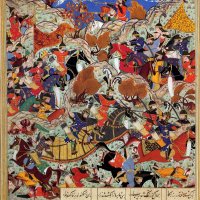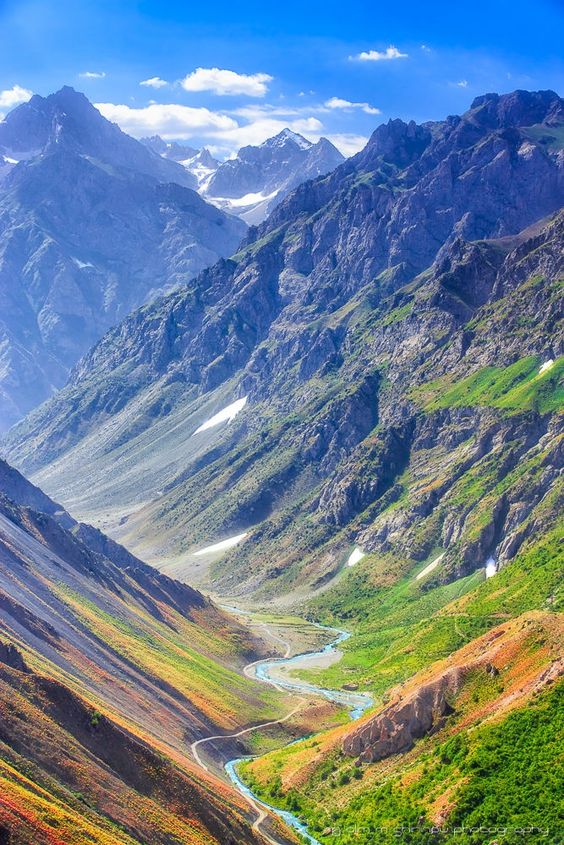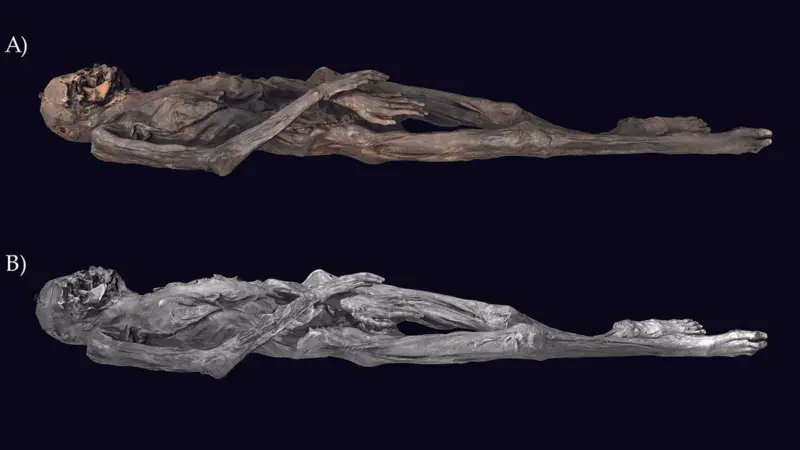
History of Khorâsan and the Persianate World
@birunikhorasan
Focus on Central Asia´s Islamic Persianate and Pre-Islamic Heritage. Pro regional integration and global cooperation. Khorasanism and Persian lang.
ID: 1119948160711974913
https://www.instagram.com/history_of_khorasan/ 21-04-2019 12:57:03
30,30K Tweet
71,71K Followers
2,2K Following





















